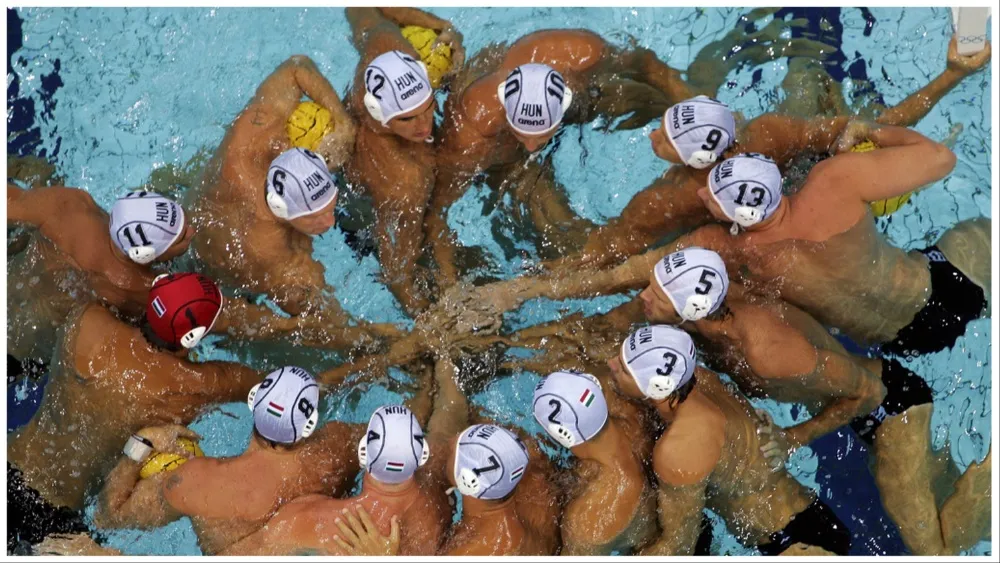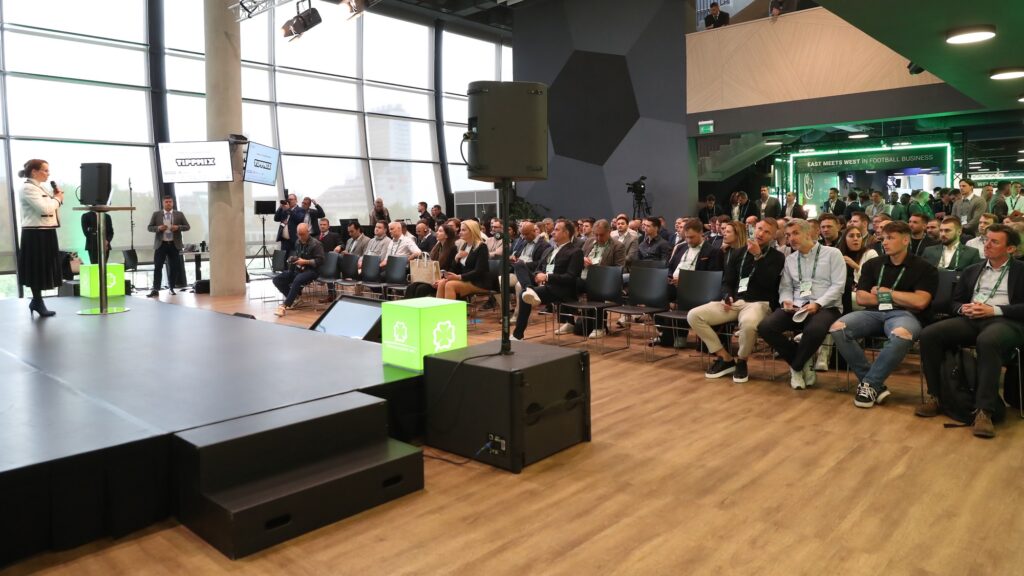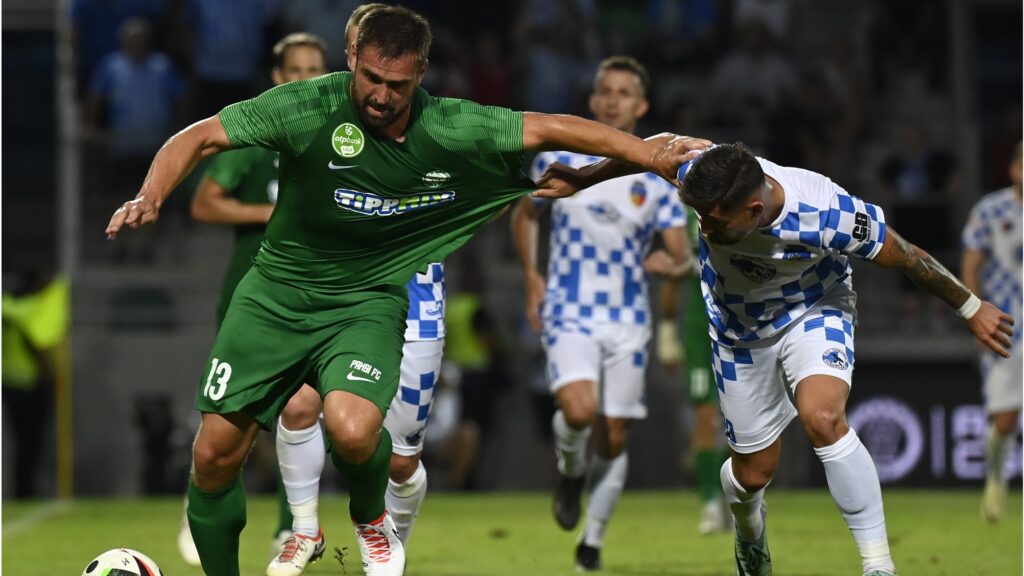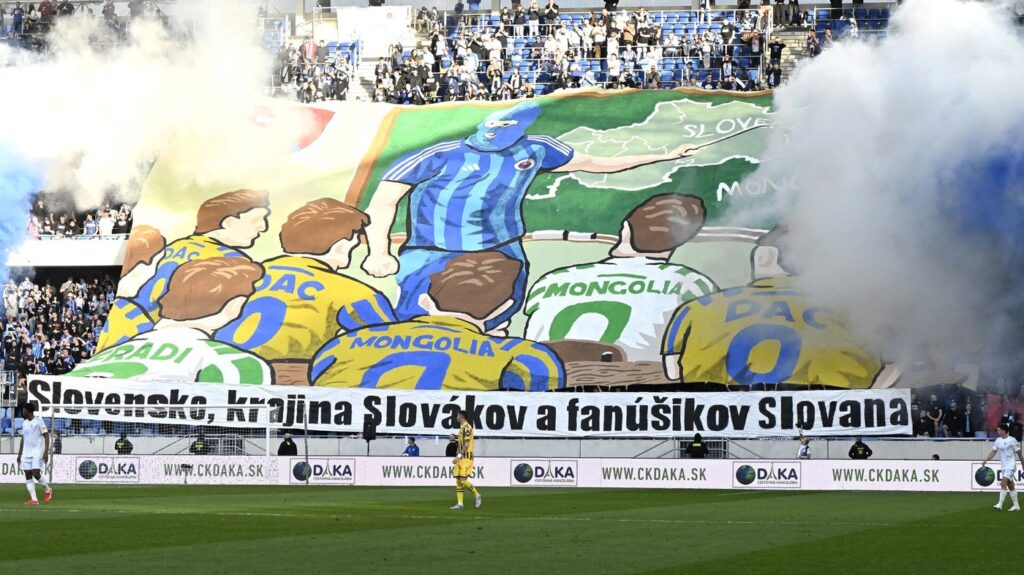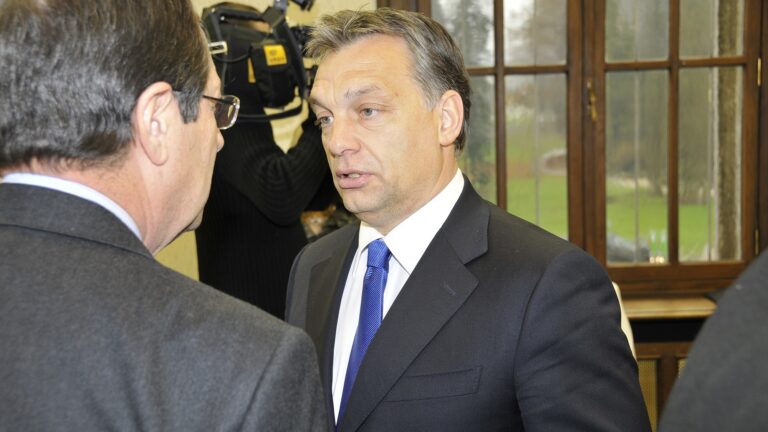The Liszt Institute in New York has been screening a series of Hungarian movies as part of its summer program. Most recently, the documentary Golden Legends was presented. This movie was released in Hungarian theaters on April 20 and it captures the legendary Hungarian water polo team that won three Olympic golds and multiple other major cups and championships. The heroes of the movie are the late iconic player, Tibor Benedek and his equally legendary teammates, who beat the world’s water polo elite multiple times under Dr. Dénes Kemény as their lead coach between 1997 and 2008. Produced and directed by Tamás S. Zákonyi, the documentary gives an unprecedented insight into this remarkable period of Hungarian water polo, admired and respected around the world. Events are presented from the perspective of the team members and coaches, the team physician and a journalist as well as several coaches and former water polo players from abroad, and it also pays tribute to the team captain Tibor Benedek, who passed away in 2020 at the age of 47.
Similar documentaries about the lives of fencer Áron Szilágyi and swimmer Katinka Hosszú were screened previously at the Liszt Institute in New York. Both events were memorable experiences for our family, because after the screenings we could listen to fascinating conversations with the protagonists, who were there in person, and we had the chance to ask them questions too. (I could even interview one of them.) Golden Legends would deserve to be presented in this way, too (we’d certainly be happy to meet any of the characters). It’s also a pity that due to the summer holidays the turnout was quite low. However, the movie itself is so
substantive and fast-paced, captivating and dynamic
(despite its two-and-a-half-hour length), that I’d be happy to watch it again at any time. I truly hope there will be another screening, with at least one distinguished guest!
No wonder that the movie is as I described above. Presenting twelve eventful years—including three Olympic gold medals, the first European and World titles, World League and a World Cup victories, as well as a few defeats that were understandable and even considered necessary by those involved—from the points of view of the players, two coaches, the team physician and a sports journalist, as well as the foreign coaches and former players is definitely no small task, especially in the form of a long documentary movie. However, despite the fact that I was more or less able to follow the events (not only as a sports fan and a mother of a former water polo player, but also as a journalist, since I’ve not only read but also written about dr. Gergő Kiss’s voluminous biography), I often found myself scratching my head and wondering: who is the target audience of this movie, besides the water polo fan community? Anyone who would like to know this sport through this movie would also be scratching their head, not only because of the whirlwind of events, but also because the names and roles of people interviewed were put on screen randomly. Those who know the sport but are not Hungarians could also easily get confused by the English subtitles that slip over the Hungarian subtitles during the appearances of foreign coaches and players. Moreover, the English subtitles got significantly delayed during the last hour, so the voices and the subtitles unfortunately got out of sync badly, resulting in an awkward dissonance.
These are indeed quite annoying, but only technical details, which can perhaps be corrected, but one aspect was really missing in my opinion:
there was no word about Tibor Benedek’s early passing.
His tragic fate is widely known in Hungary, but watching the movie abroad (and thinking of foreign viewers again), I truly missed at least one reference—verbal or written—about his death, which could have made the occasionally teary eyes and hushed voices of his former teammates understandable to all viewers, especially as he often appeared via archive interview clips as a young athlete, then as a team captain at the height of his power, and finally as a coach battling with a lethal illness towards the end of his life. Additionally, his widow is the only female person in the movie, and her appearance may also not necessarily be understandable to some viewers without explaining what happened to his late husband.
Fortunately, these shortcomings do not detract significantly from the value of the movie, which is is enhanced by the inclusion of previously unheard or not widely known anecdotes, interview clips and recollections alongside the archive footage. This movie is also special in the sense that it is not a one-man sports documentary, but a movie about a whole team, where team members are (almost) equal, because—as it is stated many times by several team members and captains—the secret of the team’s worldwide success was their unique team spirit, alongside a lucky combination of extraordinary talents and great personalities.
In Golden Legends we can see everyone who made history in Hungarian water polo at that time: Tibor Benedek, Tamás Kásás, Dr. Gergely Kiss, Péter Biros, Dr. Tamás Molnár, Zoltán Szécsi, Rajmund Fodor, Attila Vári, Dr. Barnabás Steinmetz, Norbert Madaras, Tamás Varga, István Gergely, Zoltán Kósz, Zsolt Varga, Tamás Märcz, Bulcsú Székely, Dénes Varga, Dániel Varga, Norbert Hosnyánszky, Gábor Kis, Dr. Ádám Steinmetz, and of course lead coach Dr. Dénes Kemény. (Six of them have also been inducted into the international Hall of Fame in the Water Polo category.) They are joined by team physician Dr. Gábor Pavlik, coach Zoltán Kásás (Tamás’ father), and sports journalist István B. Hajdú as well as several coaches and former players from abroad. While they mostly talk to the camera, thanks to the unusual script and editing, we often get the feeling that they are talking to each other. Everyone is witty and funny in their own ways, but Tamás Kásás’ humour outshines everyone else’s (as, I suspect, was the case in the pool back then, too). The group conversations are not only about frolicking with one another,
but also about their deep respect, appreciation and often genuine love for each other.
More importantly, we can hear several memorable quotes that prove that these players have truly earned to be legends.
Another great merit of the movie is that it focuses only on water polo itself, i.e. the players, the game and its psychological background, and stays away from private lives, the financial or political background, and any other ‘distractions’. Yet it is not idealistic or naive, since it also shows defeats, personal struggles and dramatic events that seem to or even actually break the momentum of individual members or the whole team. And we can also see how, with each other’s help or sometimes on their own with inner resilience, they can overcome their challenges and seize new opportunities. After all, there is always drama in professional sports. Often one second, one goal or the lack of it can decide medals and careers. And what’s also particularly difficult in professional sport: these fateful moments can only be evaluated in hindsight. Anyone who starts to think and evaluate options at that moment is doomed to failure. There and then, one can (and must) only feel what and how to decide, say and do.
‘We wanted to make a movie with a light-hearted tone, with a lively and witty atmosphere, but also with dramatic elements and emotional scenes. A theater experience with a swimming pool atmosphere, in line with current trends, where the audience can relive the Olympic finals in Athens, among other events. This atmosphere will create a cinematic arena atmosphere, in which the audience can re-experience the successes of the past. Our aim is to show through the eyes of the players, not only the moments of sports history, but also the many personal struggles and behind-the-scenes secrets. To bring smiles and tears to a memorable final… and of course, to Tibor,’ Tamás S. Zákonyi, director-producer of the film said. I think he has succeeded entirely in this respect. The small but enthusiastic audience at the Hungarian Consulate in New York was often as loud in expressing their emotions as if they were watching a live broadcast. And we were struck again and again by the greatness of the players, of their individual as well as collective actions, the extraordinary team spirit that made them into a team of ‘invincible gladiators’, brothers in arms and (mostly) lifelong friends
Tamás S. Zákonyi’s credits include the documentary about swimmer Krisztina Egerszegi, the Steven Spielberg-directed Munich, and the movies Children of Glory, BÚÉK and The Grandson, on which he worked as producer. He was assisted by co-director and dramaturge Ottó Elek, co-director Balázs Eckhardt and cinematographer Tamás Babos. In addition, journalist Gergely Csurka, the press officer of the European Swimming Federation as well as the Hungarian Water Polo Federation, also played an active role in the production of this movie. Great thanks to everyone for a work worthy of the golden legends and Tibor Benedek’s memory!
Read more film reviews:

